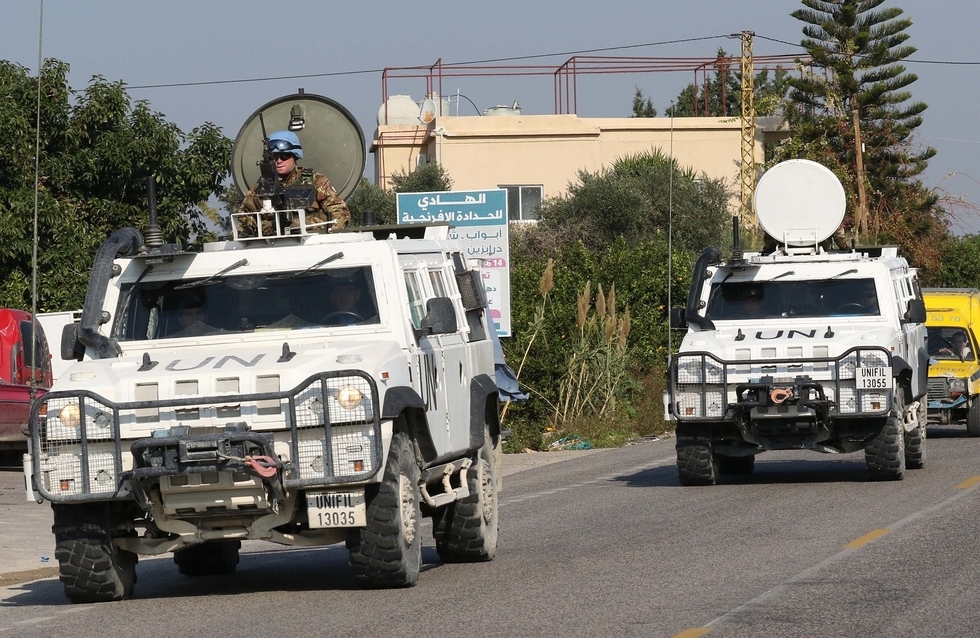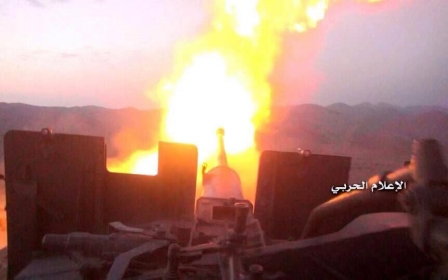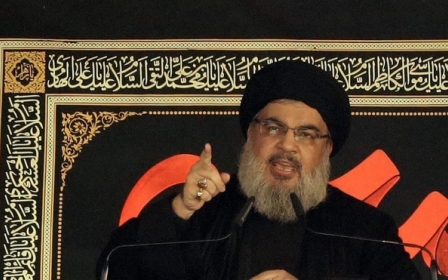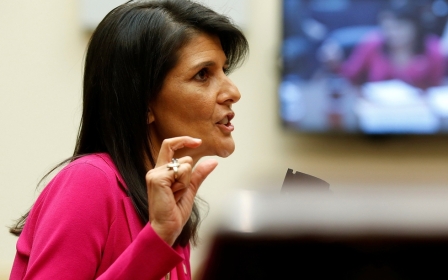US wants UN mission in Lebanon to report on Hezbollah 'violations'

The United States wants UN peacekeepers in southern Lebanon to take on an expanded mission and investigate alleged violations by Hezbollah in the volatile area near the border with Israel, ambassador Nikki Haley said on Monday.
The UN Security Council is set to vote on renewing the UN Interim Force in Lebanon (UNIFIL) later this month, and Haley said she will seek "significant improvements" to its mandate.
UN Secretary-General Antonio Guterres informed the council in a letter sent on Friday that he intended to look at ways in which UNIFIL could beef up its efforts "regarding the illegal presence of armed personnel, weapons or infrastructure inside its area of operations".
"We share the secretary-general's strong desire to enhance UNIFIL's efforts to prevent the spread of illegal arms in southern Lebanon," said Haley in a statement.
"These arms - which are almost entirely in the hands of Hezbollah terrorists – threaten the security and stability of the region."
She added that UNIFIL should monitor such violations.
The peacekeeping force’s mission was expanded by UN Security Council resolution 1701, which ended the Israeli war on Lebanon in 2006. The UN-backed ceasefire agreement increased the number of UNIFIL troops from 2,000 to more than 10,000.
The resolution also called for a buffer zone free of “any armed personnel” south of Lebanon's Litani River, about 12 miles from the Israeli border.
A vote on UNIFIL's mandate at the council is tentatively scheduled for 30 August.
Guterres is expected to discuss UNIFIL's mission when he pays his first visit as UN chief to Israel and the Palestinian territories later this month.
Haley has been a strong supporter of Israel, which fought a month-long war against Hezbollah in 2006. Israel killed more than 1,200 Lebanese, mostly civilians, and more than 160 Israelis, mostly soldiers, died in the fighting.
New MEE newsletter: Jerusalem Dispatch
Sign up to get the latest insights and analysis on Israel-Palestine, alongside Turkey Unpacked and other MEE newsletters
Middle East Eye delivers independent and unrivalled coverage and analysis of the Middle East, North Africa and beyond. To learn more about republishing this content and the associated fees, please fill out this form. More about MEE can be found here.




